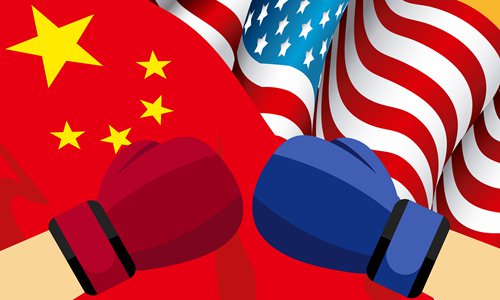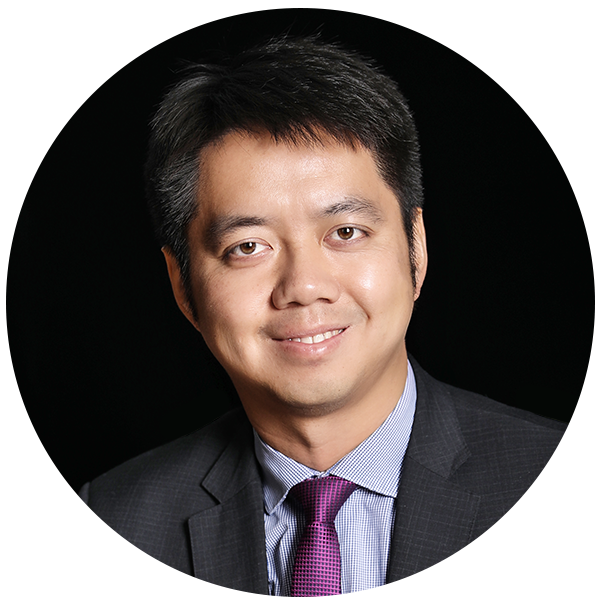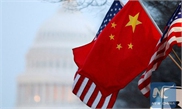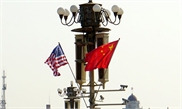How Trump makes Chinese love China more

Photo: GT
"Is the US a beautiful country?" My son, a pupil, suddenly raised an odd question.
"Not necessarily!" I answered. "If you mean landscape, then yes - many places of the US are quite beautiful. But if you mean the society or politics, the answer is 'not necessarily attractive.'"
"Then why do we translate the US as meiguo in Putonghua?" he asked. Mei literally means beautiful and guo means country.
I might have to write an essay to answer this question. So I asked him the reason for his palpable curiosity.
He said recent TV news often criticized the US, especially saying US President Donald Trump is not friendly toward China, so he was confused why China still calls the country meiguo.
My son's reflection was pure, and might represent the mind-set of the new generation of Chinese. In the past two years, Trump mentioned China almost every day. This has made the Chinese see the US in another perspective.
Is the US a democracy? If yes, why isn't there any real force to restrain Trump, who could withdraw the US from some international organization or treaty by simply tweeting? A similar decision would probably take six to 12 months in China - it may first be discussed and approved by the Ministry of Foreign Affairs and then sent to the National People's Congress for approval.
Is the US a market economy? If yes, how can its president order all its enterprises to stop selling equipment to Chinese tech company Huawei? Even in China, when state-owned enterprises receive a governmental order to purchase more soybeans from the US, they would think twice about the market demand before they place the order.
Does the US respect human rights? If yes, why did it repeatedly launch wars against other countries in the past few decades, which have taken millions of innocent lives? Why does it implement surveillance around the world? Why doesn't it control the possession of guns, which have annually killed over 30,000 people in the country?
As a professor studying global governance, I certainly know the US-style answers to the above questions. I learned 20 years ago that the US media outlets bleach their country. I just want to represent many ordinary Chinese to ask, "Is the US really a beautiful country?"
In the past two years, Trump has been acting as a negative force, ripping off the mask off US hypocrisy and obliterating Chinese people's positive perceptions about the US. More importantly, Trump has made many Chinese people realize the fierceness of international competition and that China is still in need of quality development.
I visited many export-oriented companies in South China's Shenzhen, Dongguan and Guangzhou cities a few weeks ago. The owners were unusually anxious. One of them said he planned to enjoy retirement but pressures due to Trump force him to work harder for more years.
A high-level manager from Huawei told me that some employees who planned job-hopping finally chose to stay and fight to win over Trump's groundless crackdown on the company.
In this context, I think Chinese people should appreciate Trump, who in fact has made them love their country, family and work more
A similar sense of crisis swept China in 1999 when the Chinese Embassy in Yugoslavia was bombed by the US. I walked among tens of thousands of college students who protested against the US in the streets. We shouted and cried and felt for the first time at a young age the importance of China becoming strong. Then China has been rising, which becomes the greatest story in early 21st century.
Therefore, I believe the US-launched trade war against China has given a lesson to the new generation of Chinese that it is not China, but the US and even the human civilization that will finally suffer the loss, because the rise of the US was in fact the crystallization of 20th century's civilization for all mankind.
Selfishly and arbitrarily, Trump has lowered the standard of US being a leading country in the world. It signals the degradation of human civilization. This is really heartbreaking.
The author is professor and executive dean of Chongyang Institute for Financial Studies at Renmin University of China, and executive director of China-US People-to-People Exchange Research Center. His latest book Great Power's Long March Road was launched recently. wangwen2013@ruc.edu.cn



